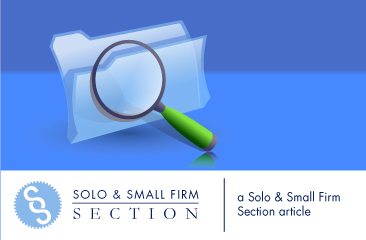 As a small law firm, time and resources are always a limiting factor, thus obtaining discovery before litigation is essential. The use of the California Public Records Act (CPRA) and the California Labor Code can be valuable resources in this quest.
As a small law firm, time and resources are always a limiting factor, thus obtaining discovery before litigation is essential. The use of the California Public Records Act (CPRA) and the California Labor Code can be valuable resources in this quest.
CPRA is designed to give members of the public “access to information concerning the conduct of the people’s business” within California. (Gov’t Code § 6250.) Under CPRA, the right to access this information is considered “a fundamental and necessary right of every person in this state.” (Id.) CPRA’s explicit purpose is to increase freedom of information by giving the public access to information in the public agencies’ possession.
Several government agencies, such as the Department of Fair Employment and Housing, Department of Labor Standards Enforcement, Employment Development Department, and the California Department of Industrial Relations, maintain valuable information subject to CPRA. These agencies, for the most part, have streamlined the CPRA request procedure. For example, DFEH’s website for filing CPRA requests is houdiniesq.net/dfeh/intake/index.html. A response to the DFEH public records request could contain information regarding the number of complaints filed against an employer, the basis of the complaints, the harm alleged, when the complaint was filed, and whether or not the action is still pending. A response to a Cal/OSHA public records request could contain information such as previous fines against an employer and/or investigation into safety violations.
Under Labor Code Sections 1198.5, 432, and 226, an employee has the right to receive a copy of their personnel records relating to the employee’s performance, any grievance concerning the employee, payroll records, and all documents the employee signed. These documents can contain valuable information about work performance, company policies and procedures, arbitration agreements, and wage statements. Using these resources can help obtain information before a case is even filed to assist in case evaluation and to direct litigation discovery once a case is filed.
About the author:
Maria Bourn is an associate at Sarnoff + Sarnoff representing employees in all aspects of employment litigation.


